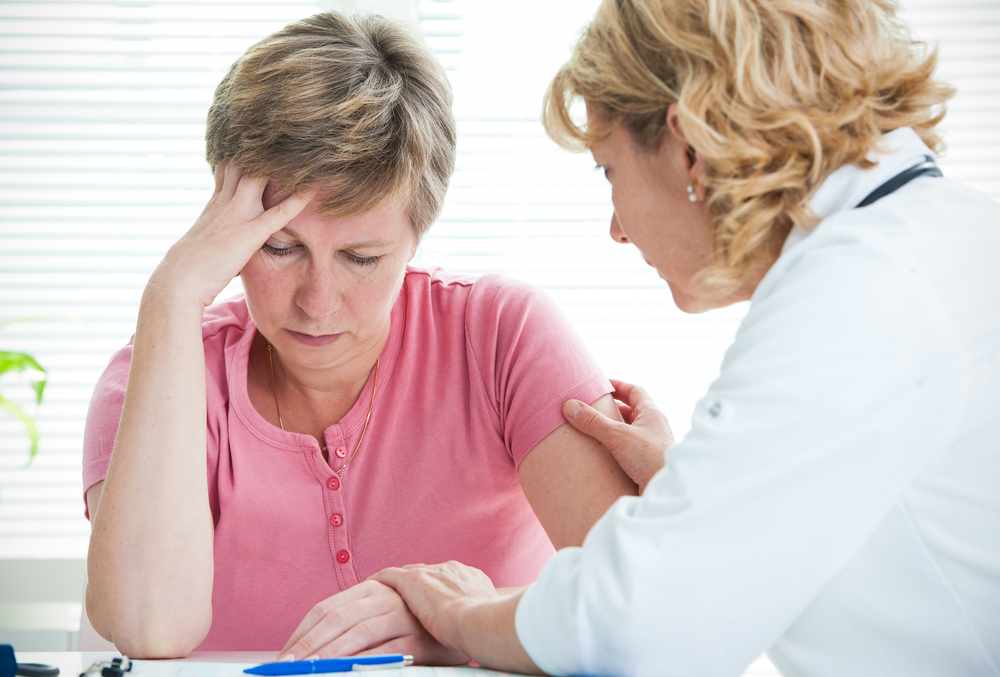-
Cancer
‘Why do I need to see a medical oncologist?’

A diagnosis of cancer is often followed by myriad doctor appointments and many questions.
Dr. Saranya Chumsri, a medical oncologist, typically sees women after they’ve received a diagnosis of breast cancer. And many are confused about her role.
October is Breast Cancer Awareness Month, and according to Dr. Chumsri, a member of the Robert and Monica Jacoby Center for Breast Health on Mayo Clinic’s Florida campus, many of her patients ask why they need to see a medical oncologist.
While most women with breast cancer need some type of surgery – either lumpectomy or mastectomy – Dr. Chumsri says many women do not understand the need for additional therapy.
“Most patients believe that their treatment is completed after their tumors are removed with surgery. But breast cancer is very aggressive. Since microscopic cancer cells can travel through the bloodstream to other organs and hide until they decide to multiply, many patients will require more than just surgery. In order to eradicate the cancer completely, we may need to incorporate other treatments, including radiation, hormonal therapies, chemotherapy, and other targeted therapies,” says Dr. Chumsri, noting that she often has to educate patients about the benefits of additional treatments.
Watch: Dr. Chumsri discusses the importance of having a medical oncologist.
Journalists: Broadcast-quality sound bites with Dr. Chumsri are in the downloads.
“My role is to clear up misconceptions about breast cancer and help determine what, if any other medical treatment may be needed,” she says. “Not all breast cancer is the same. Each patient requires an individualized plan tailored specifically for her to achieve the best long-term survival. “
Treatment decisions are made based on the specifics of a patient’s cancer, including the location and stage of the cancer, tumor size, lymph node involvement, and whether the cancer has spread elsewhere in the body.
Timing is one of the biggest challenges of her job, though.
“Often, patients think that they can wait until their cancer comes back and then proceed with chemotherapy or other medications. But that’s not always effective once the cancer starts spreading. If we can treat these micrometastases that are hiding in the body early, we have a better chance of eradicating them entirely. We have a better chance of curing them,” she says.







